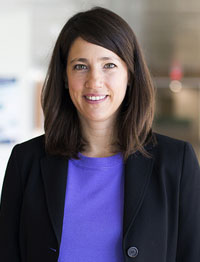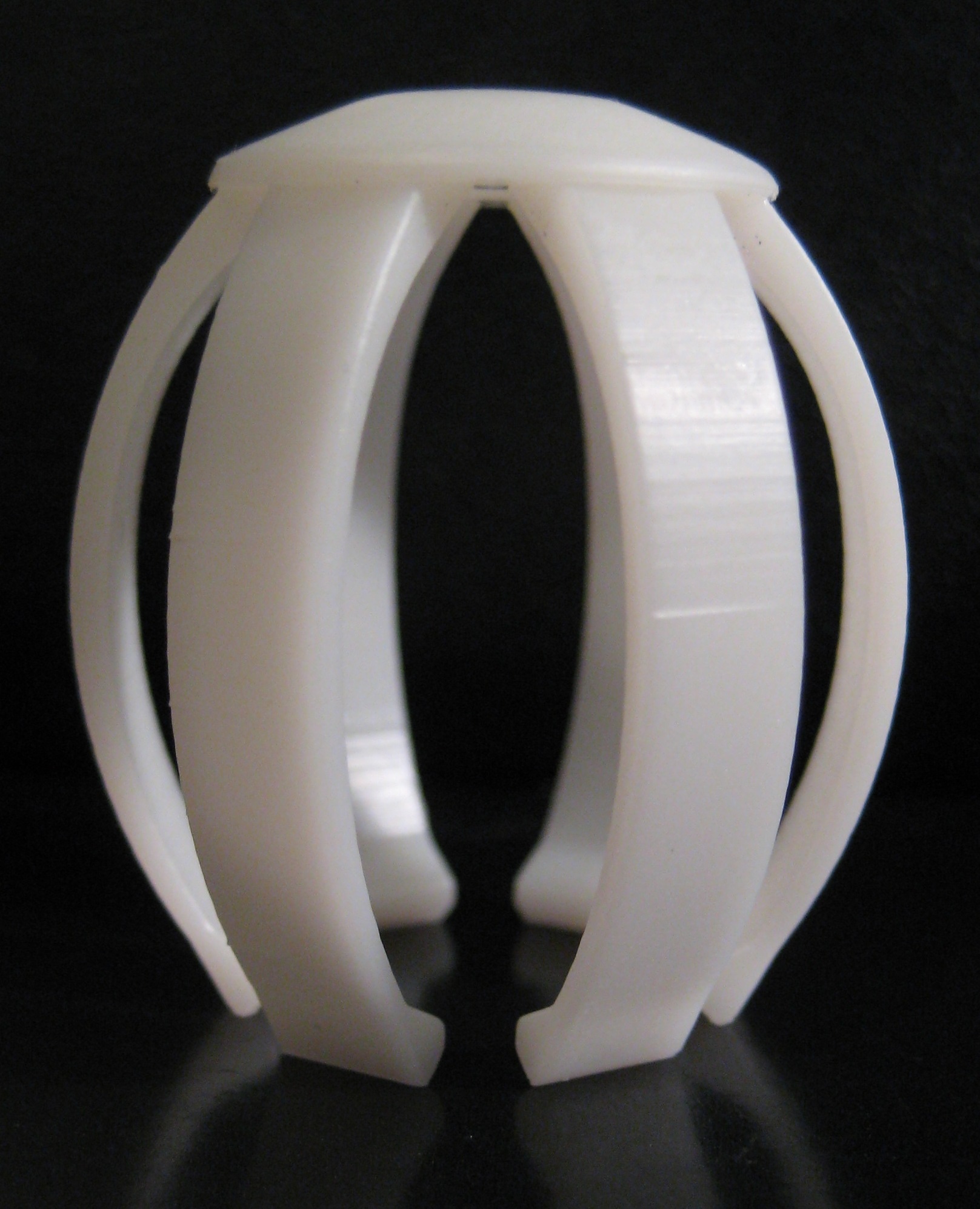 The Safe Male Circumcision Project, led by ME Assistant Professor Kathleen Sienko, has received recognition for its efforts towards improving the safe outcomes of traditional adult male circumcision and lowering HIV transmission in sub-Saharan African communities.
The Safe Male Circumcision Project, led by ME Assistant Professor Kathleen Sienko, has received recognition for its efforts towards improving the safe outcomes of traditional adult male circumcision and lowering HIV transmission in sub-Saharan African communities.
Adult male circumcision has been shown to significantly reduce HIV acquisition and is safe when done by trained clinicians. However, in traditional ceremonial circumcisions in African countries, there is often a high rate of complications including bleeding, infection, excessive pain, lacerations of the penis and even death. The objective of the project is the design and development of a low-cost, adjustable, culturally appropriate adult male circumcision tool for use in traditional circumcision ceremonies.
As part of its Grand Challenges in Global Health initiative, the Gates Foundation has selected the male circumcision project to receive a Grand Challenges Explorations (GCE) grant. This initiative focuses on overcoming scientific and technological barriers that impede progress in global health. GCE grants are intended to encourage researchers in the early stages of ideas that have the potential to break through these barriers and significantly improve healthcare in the developing world. The Safe Male Circumcision Project was featured on the Gates Foundation’s website in the announcement of GCE grant recipients.
 The GCE grant will be used to 1) further develop and evaluate a prototype created during winter 2009 by one of Sienko’s ME 450 capstone design and manufacturing design teams, 2) conduct field work to gain a better understanding of the cultural suitability of the device for sub-Saharan Africa, and 3) demonstrate a path to low-cost mass production/distribution.
The GCE grant will be used to 1) further develop and evaluate a prototype created during winter 2009 by one of Sienko’s ME 450 capstone design and manufacturing design teams, 2) conduct field work to gain a better understanding of the cultural suitability of the device for sub-Saharan Africa, and 3) demonstrate a path to low-cost mass production/distribution.
In July, Sienko, Associate Professor of Surgery Dr. Jim Geiger, and research engineer Amir Sabet will travel to Uganda to meet with individuals representing four ethnicities in the area, such as clan leaders, cutters, assistant cutters, adult male circumcision candidates and families of current or recent adult male circumcision candidates. In addition to those traveling to Uganda next month, Dr. David Sokal of Family Health International and Moses Lee of the Center for Entrepreneurship (CFE) serve as team members for the Gates Foundation project and Katy Olesnavage contributes as a CFE social entrepreneurship summer intern.
The project was further recognized in April at the 2010 Design of Medical Devices Conference held in Minneapolis. Sienko and ME student Tom Van Wingen attended the conference and participated in the Three-in-Five Competition, an event at which the top ten abstracts submitted for peer review to the ASME Medical Devices Journal are asked to give a five-minute presentation to a panel of experts. Sienko and Van Wingen won the top presenter award at the competition for presenting the paper “Adult Male Circumcision Tool for Use in Traditional Ceremonies.” The conference paper was co-authored by ME450 winter 2009 student design team members Van Wingen, Kyle Lemmermen, Phil Scott and Craig Spencer.
